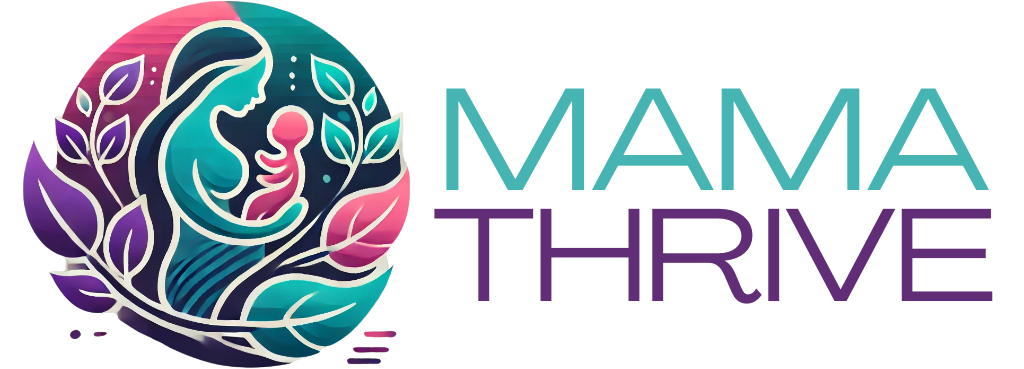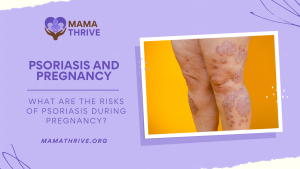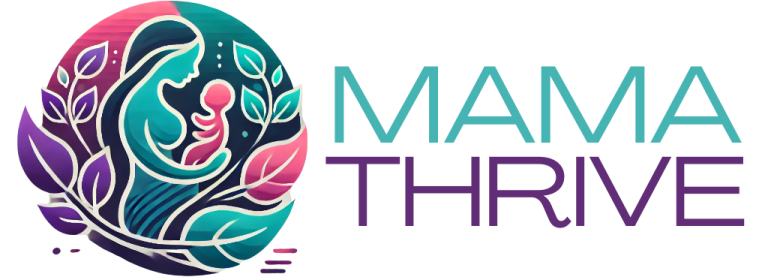Postpartum depression is a type of depression that can occur after giving birth. It is thought to be related to a combination of physical, emotional, and social factors, such as hormonal changes, stress and fatigue associated with caring for a newborn, lack of social support, and a previous history of depression or other mental health conditions.
Causes
The exact cause of postpartum depression is not fully understood, but it is thought to be related to a combination of physical, emotional, and social factors. These may include:
- Hormonal changes that occur after childbirth
The levels of hormones such as estrogen and progesterone drop significantly after giving birth, which can affect a woman’s mood and energy levels.
- Stress and fatigue associated with caring for a newborn
Caring for a newborn can be physically and emotionally demanding, and it can be especially challenging for women who do not have a strong support network.
- Lack of social support
Women who do not have a strong support system of friends and family may be more at risk for postpartum depression.
- Previous history of depression or other mental health conditions
Women with a history of depression or other mental health conditions may be more at risk for developing postpartum depression.
It’s important to note that postpartum depression is not a woman’s fault, and it cannot be prevented simply by trying to be “stronger” or “more positive.” If you are experiencing symptoms of postpartum depression, it is important to seek treatment from a qualified healthcare provider.
Symptoms
Common symptoms of postpartum depression include:
- Persistent feelings of sadness, hopelessness, and worthlessness
- Loss of interest in activities that used to be enjoyable
- Difficulty bonding with the newborn
- Changes in appetite and sleep patterns
- Difficulty concentrating
- Feelings of guilt and shame
- Thoughts of self-harm or harming the newborn
It’s important to note that every woman’s experience of postpartum depression is different, and not all women will experience all of these symptoms. Some women may have more severe symptoms, while others may have milder symptoms that are more difficult to recognize.
If you are experiencing any of these symptoms or are concerned about your mental health after giving birth, it is important to seek help from a qualified healthcare provider.
Treatments
Postpartum depression is a type of depression that can occur after giving birth. It is a common and treatable condition that affects up to 15% of women who have given birth.
Treatment for postpartum depression typically involves a combination of therapy, medication, and self-care.
- Therapy
Talk therapy, such as cognitive-behavioral therapy (CBT) or interpersonal therapy (IPT), can be helpful for addressing the thoughts, feelings, and behaviors that contribute to postpartum depression.
- Medication
Antidepressant medications, such as selective serotonin reuptake inhibitors (SSRIs) or serotonin-norepinephrine reuptake inhibitors (SNRIs), can be effective in reducing the symptoms of postpartum depression. It’s important to work with a healthcare provider to find the right medication and dosage for you.
- Self-care
Taking care of yourself is an important part of recovery. This can include getting enough rest, eating a healthy diet, and finding time to relax and do things you enjoy. It may also be helpful to enlist the support of friends and family, or to join a support group for mothers with postpartum depression.
It’s important to seek treatment as soon as possible if you think you may have postpartum depression. With the right treatment, most women with postpartum depression are able to fully recover and enjoy their roles as mothers.
Read more to learn how to cope with postpartum depression in detail.
Prevention
There are several things you can do to help reduce your risk of developing postpartum depression:
- Take care of yourself
Prioritizing self-care can help reduce stress and promote overall well-being. This can include getting enough sleep, eating a healthy diet, and finding time to relax and do things you enjoy.
- Seek social support
Connecting with others, whether it’s through friends, family, or a support group, can help provide emotional support and a sense of community.
- Plan ahead
Planning ahead for the arrival of your baby can help reduce stress and anxiety. This can include making arrangements for childcare, hiring a doula or other support person, and creating a support network of friends and family.
- Communicate with your partner
Talk to your partner about your needs and concerns. It’s important to have open and honest communication to ensure that both of you feel supported.
- Seek professional help
If you’re struggling with postpartum depression or other mental health issues, it’s important to seek professional help. A healthcare provider or mental health professional can provide treatment and support.
It’s also important to remember that postpartum depression is common and treatable. If you’re struggling, don’t hesitate to reach out for help.
Join Mama Thrive Telehealth Program
Are you struggling with postpartum depression? Mama Thrive Telehealth Program may be able to help. Our program is equipped with healthcare providers who specialize in the management of postpartum depression, providing expert care and assistance tailored to your individual needs.
Through our secure virtual platform, you can access personalized care at virtually any time and from the privacy of your own home. Join Mama Thrive today and learn how our healthcare providers can give you the support you need on your journey to recovery.





